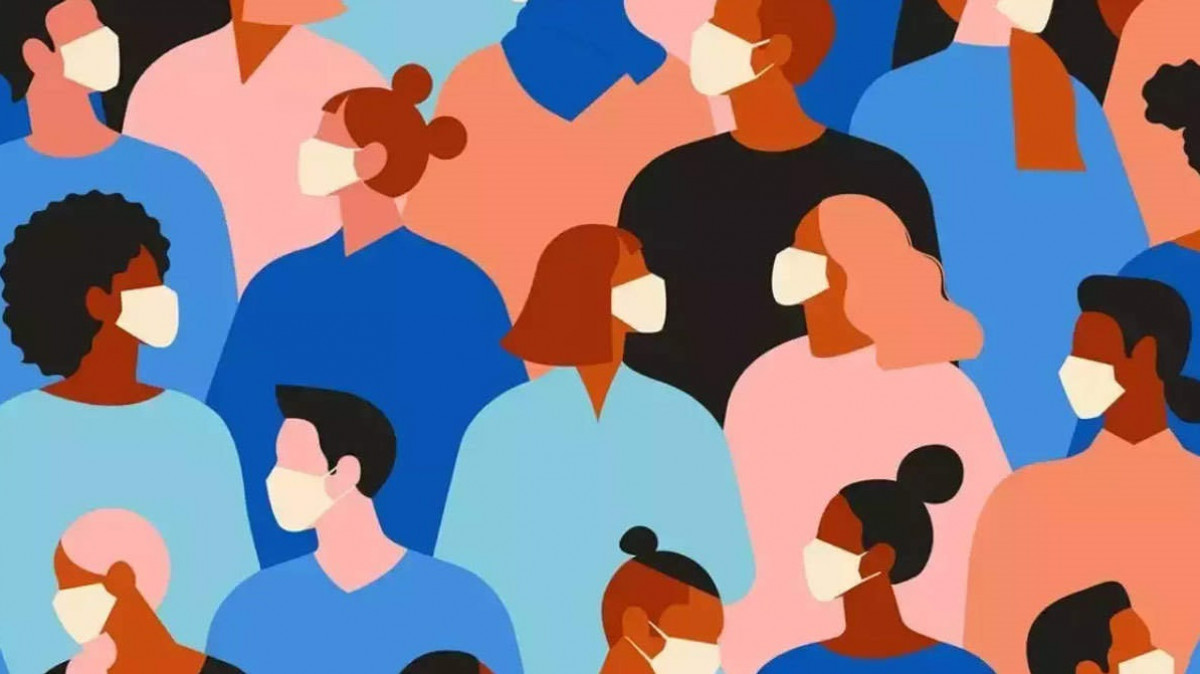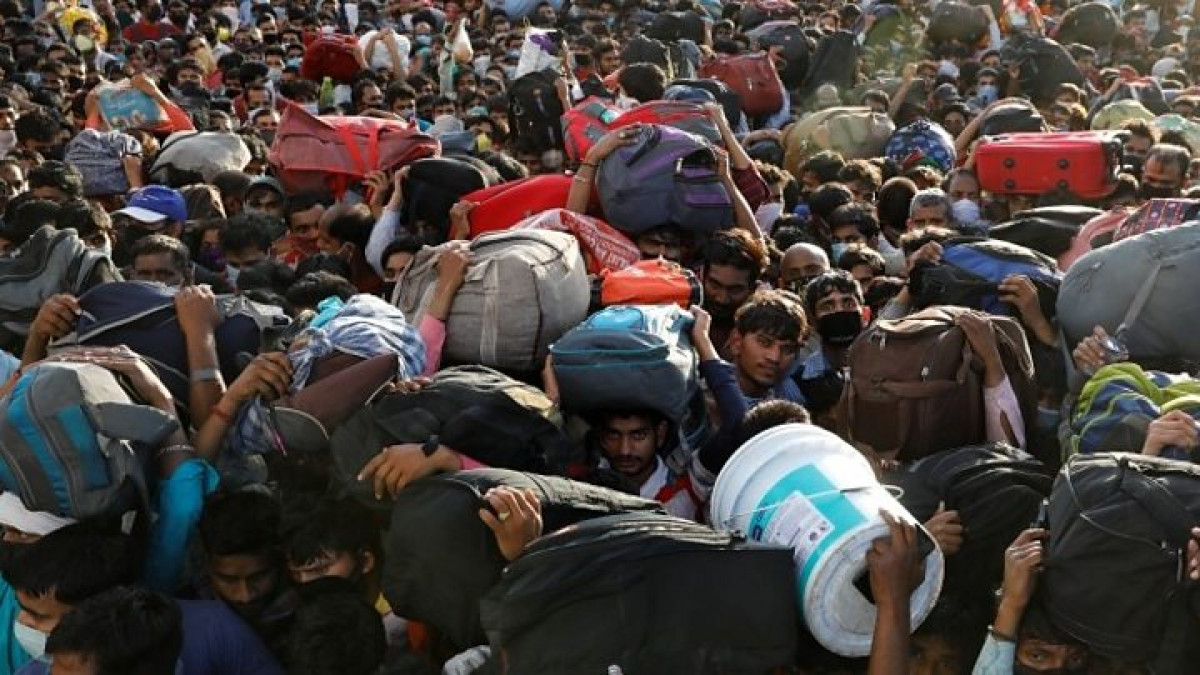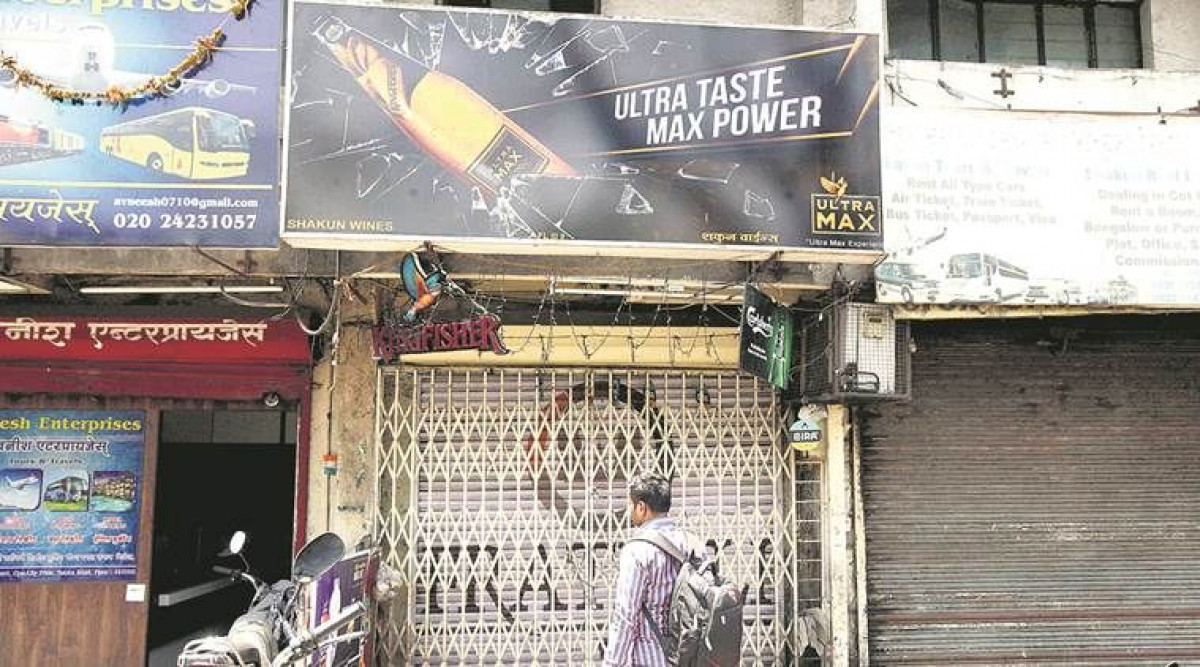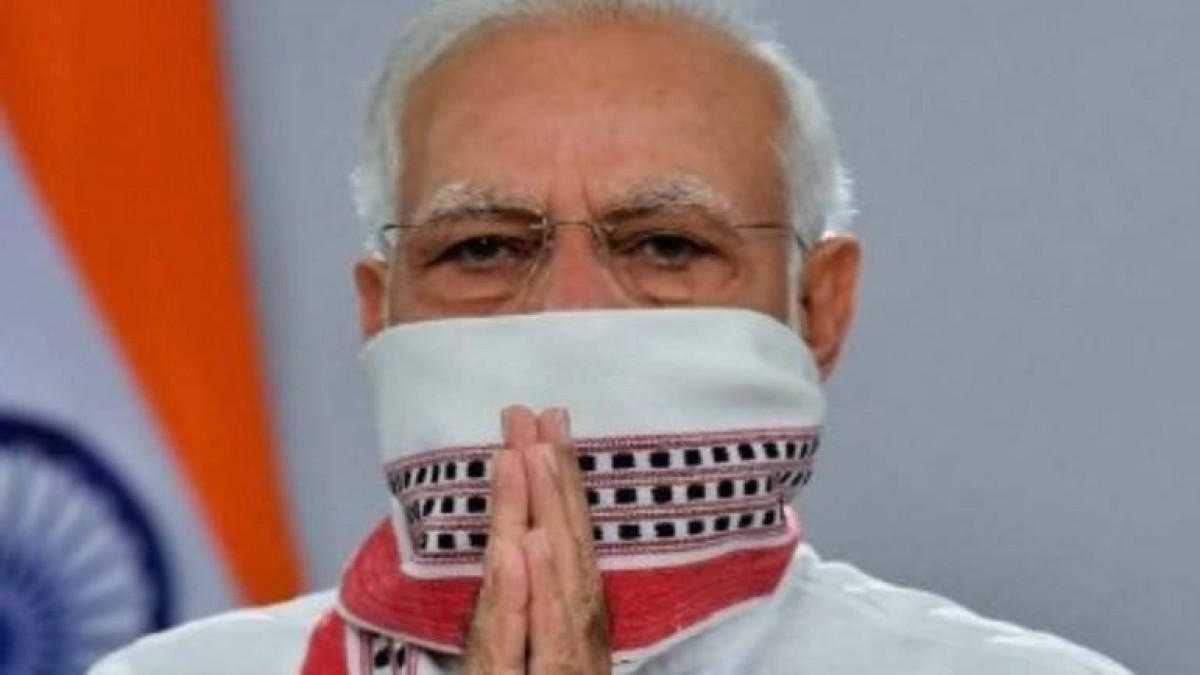Quick Reads
The uncertainty of the laxman rekhas seperating us
No one knows what tomorrow has in store.

When Prime Minister Narendra Modi announced a 21-day lockdown in India on 24 March, he asked us to draw a “Lakshman Rekha” outside our houses and not step out of it. He said that if we did not do so, we would recede by 21 years. Now, it isn’t clear what he really meant by that. Economically, the 21-day lockdown has already taken us back by much more than 21 years. Production has ceased, unemployment has risen to a crescendo. With video conferencing having become the order of the day, only Google and Zoom are recording profits.
The conflict is between saving lives on the one hand, and the livelihood of millions on the other. Each lobby looks at the conflict entirely from its own point of view. Thus, while the medical fraternity and the World Health Organization argue in favour of not just a 21-day lockdown but a longer one, possibly extending for months, economists suggest that people will die from starvation sooner than they will die from the coronavirus. President Donald Trump, with his penchant for repartee, summed it up nicely. “The cure cannot be worse than the disease,” he is reported to have said in a press conference.
But before I say more about Trump, let me point out that if there is one portal that took Modi’s Lakshman Rekha idea very seriously, it is Doordarshan. They have started telecasting B. R. Chopra’s 1980s mega serial, Ramayana. But probably neither Modi nor Doordarshan is aware of the fact that in her controversial book The Hindus: An Alternative History, historian Wendy Doniger has said that it was Chopra’s mega serials, Ramayana and Mahabharata that were, together with L. K. Advani’s Rath Yatra in 1990, responsible for the wanton destruction of the Babri Masjid on 6 December 1992, leading to widespread bloodshed all over India.
The surveillance continues unabated. Yesterday, I got a message saying Whatsapp forwards can now invite a jail sentence. The message said three blue tick marks indicate that the government has taken note of the forward. Two blue and one red tick mark indicate that the government can take action. One blue and two red tick marks indicate that the government is screening one’s data. And three red tick marks indicate that the government has initiated action, and the person shall receive a summons from the court. I was scared. However, this morning I got another message that said that yesterday’s message was fake news. The point is that fake news of this sort circulates because the public has grown paranoid about surveillance.
Door-to-door testing in the containment zones is equally unnerving. There are no clear guidelines on how this will operate. At worst, will it mean that even if one has a slight temperature, one will be whisked away to a quarantine zone in a hotel or a guest house or a train compartment, without being given the time to even make a phone call? Only criminals are treated that way! But then today, there is little difference between a criminal and a COVID 19 patient. Both are stigmatized and ostracized.
There are other issues. As a former government employee, I might have to take a salary cut. But then I am also told that I must pay my personal staff their full salaries and must not charge my tenants rent. It can’t work both ways. If I am to pay my staff their wages and waive my tenants’ rent, then I must at least be given my full salary. And why does the government need my paltry salary? As of now, there is both an older Prime Minister’s Relief Fund and a recent PM Cares Fund in existence in the country. There are big bucks to the tune of crores in both funds, and the latter fund isn’t even subject to an audit. Surely, these funds are more than enough to create an infrastructure for the coronavirus?
I have never experienced so much uncertainty in my life as at the present time. No one knows what tomorrow has in store. Will I live? Will I retain my freedom? Will I be able to teach (other than on Zoom and Google)? Can I travel? Can I go to the cinema? Can I party?
I guess even God doesn’t have the answers to these questions.
R. Raj Rao is a well-known novelist and poet, and former Professor and Head of the Department of English at Pune University.





